Translated by Ismaeel Nakhuda
(Translator’s introduction: Below is a translation of a preface by ‘Allamah Muhammad Yusuf Binnori to a book entitled Maslak-i-Ulama-i-Deoband. The original book—by Qari Muhammad Tayyab, the then rector of Dar al-‘Ulum Deoband—is an important piece of work that sheds much needed clarity on the track of Deoband in relation to a range of issues, especially fiqh, ‘aqidah and Tasawwuf. The impetus behind this book was the manner in which the maslak of Deoband was being muddied by certain quarters and viewpoints presented as being Deobandi.
A translation of the preface to this work has been rendered into English with hope that individuals will seriously and sincerely research the maslak of Deoband. The purpose of this piece of writing is calling a spade a spade. The maslak of Deoband is clearly defined and has been expounded on; there is no need to package other ideas as being that of Deoband.)
Preface by Mawlana Muhammad Yusuf Binnori
In the name of Allah, the Most Compassionate, the Most Merciful
All praise is for Allah and He is sufficient, and peace on His servants who He selected, especially on our Master Muhammad the Chosen One, his family and his Companions as much as suffices. Thereafter:
These days are the time of fitnah and the largest fitnah is that truth and falsehood are being mixed in such a way that the mind is left perplexed, rather efforts are underway to present falsehood in the form of the truth. The general masses are either uninformed or without knowledge or have their own motives; because of this they are supporting falsehood and giving more air to the fitnahs. In the early days, the [Colonial] British government, through its famous political diplomacy, had carved the name Wahhabi to bring into disrepute the akabir of Dar al-‘Ulum Deoband and the maslak to destroy that spirit of Jihad which had been born in people through Mawlana Isma‘il Shahid, Sayyid Ahmad Shahid and the elders of Deoband in 1857. [1]Two points to note here, the reference to Jihad here is the struggle for legitimate self-determination against oppressive colonial rule, not the murderous zealotry and wanton destruction in the name … Continue reading This was publicised through various means. Unfortunately, some famous people of knowledge were also used as instruments in this on account of which a wide gulf came between the ‘ulama of Islam and an opportunity was found to ruin the mindset of the general masses to such an extent that the maslak of the people of truth (haqq) fell into serious doubt.
The maslak of the elders of Deoband has always remained that on which Imam-i-Rabbani Mujaddid Alf-i-Thani, Shah Waliullah Dehlawi and Shah ‘Abdul ‘Aziz were in that after hadith, with view of the importance of fiqh and ijtihad, the faqih of the Ummah Imam Abu Hanifah is accepted as imam and simultaneously the knowledge of the people of the hearts, the sciences of Tasawwuf and the sciences of purifying hearts is correctly blended; and if on the one side there is an acceptance of the great worth of Ibn Taymiyyah then, on the other, there is an admission of the achievements of Shaykh-i-Akbar Muhy al-Din Ibn ‘Arabi.
With the taqlid and following of Imam Abu Hanifah, by gathering both the Prophetic hadiths and the sciences of the Sufis, a beautiful, effective and heart penetrating maslak has appeared. It’s very name is the maslak of the School of Thought of Deoband. However, unfortunately, new fitnahs are being born each day and this has created such a storm that the maslak has been brought into disrepute. Now, on the political level those very policies are being employed that were selected in the previous British rule. There is crookedness and err in the hearts of people with motives. The general masses are ignorant and not versed in the faith, and on the other side there is a severe effect of wrong and inaccurate propaganda, as a result of which there is serious fear that falsehood appears in the name of truth and truth in the name of falsehood. There was a need to publicise this, for there to be clarity and for the maslak of the people of truth to be clarified. In relation to this, an article had been published by Mawlana Qari Muhammad Tayyab, the grandson of Mawlana Muhammad Qasim Nanotwi and rector at Dar al-‘Ulum Deoband, which was sufficient for this purpose. There was no need to write anything else. However, it had become lost and there was a need to publish it once again. Because of this, those who are publishing it once again and fulfilling a religious need very well are deservingly in need of our thanks. It has been compiled with excellent research and academic insight and justice. It is hoped that those who are just will value it and it will be a beacon of light for those who do not know.
Accordance and guidance is with Allah Most High, He is sufficient for us and the best support.
Muhammad Yusuf Binnori (may he be forgiven)
Karachi 5, 21 Jumada al-Ukhra, 1395AH
| ↑1 | Two points to note here, the reference to Jihad here is the struggle for legitimate self-determination against oppressive colonial rule, not the murderous zealotry and wanton destruction in the name of our faith that has become the norm in some parts of the globe today and which has, at times, been nurtured by governments for political reasons. Secondly, the negative reference to the British here should be contextualised to the manner in which British colonial administrators and the East India Company exploited united India and oppressed its people. The British Raj was a ruthless affair and had little empathy for Indians. India, under the British Raj, suffered several famines: 1770, 1783, 1866, 1873, 1892, 1897 and lastly 1943-44. In the first famine, approximately 10 million people died in Bengal alone, wiping out one third of Bengal’s population. During the famine of 1943, when three million people died in just Bengal, people resorted to eating grass and human flesh to survive. Winston Churchill, the then prime minister of the UK, was callous in his reactions. “Famine or no famine, Indians will breed like rabbits,” he said. This left a sour feeling in the hearts of many of the Raj’s Indian subjects and it was this very feeling that spurred a string of South Asians—Muslim and otherwise—to condemn the British and struggle for self-determination, including Dadabhai Naoroji, Abul Kalam Azad, Jawaharlal Nehru, Mohandas Karamchand Gandhi, Mohammed Ali Jinnah, and many stalwarts of Dar al-‘Ulum Deoband. These anti-colonial efforts were for a particular time and place that has now passed. |
|---|

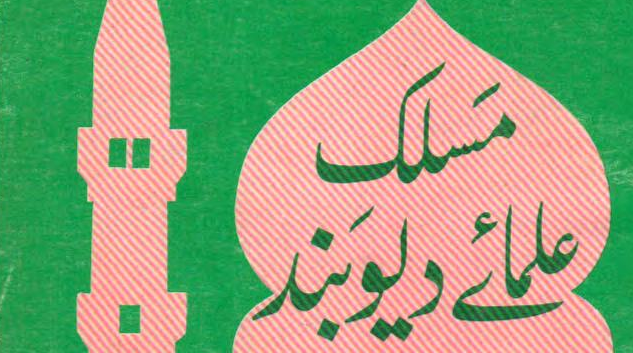
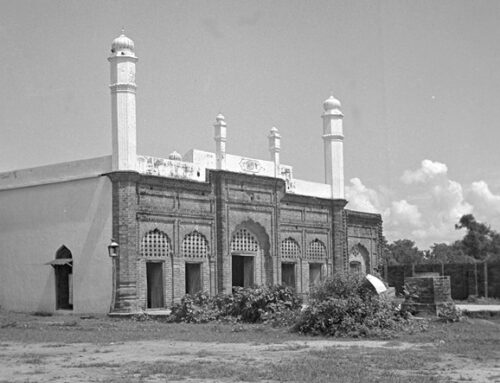
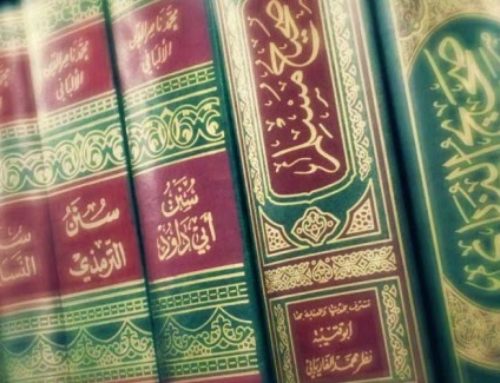
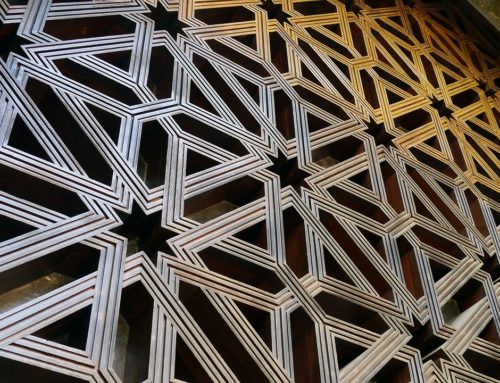
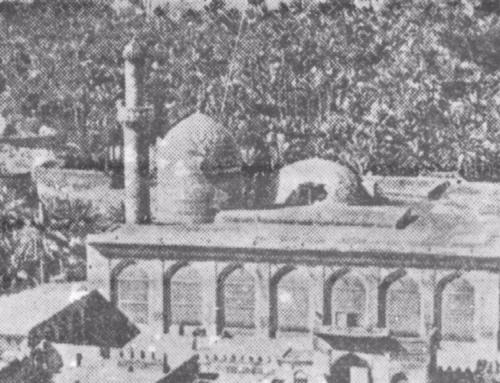
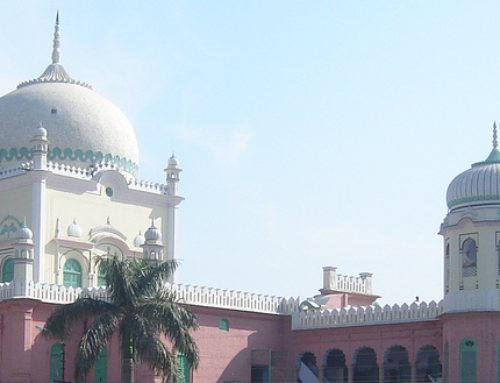
i am a hanafi in the west and i too was told horrible things about the deobandi are there any online schools where i can learn more about the methodlogy of the deobandi properly?
Salam brother, yes there are. I would suggest you visit Deoband.org. Read all of the material on here diligently, and connect with some local Ulama in your area to understand what Deoband is all about. Where did you learn your Hanafi fiqh from brother?